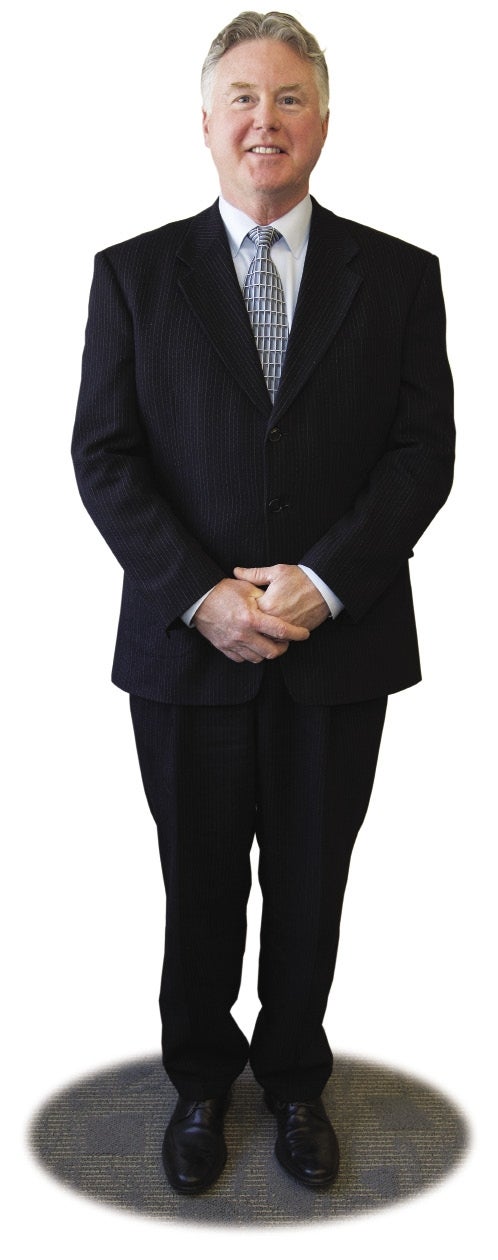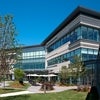
Q&A with Brent Maugel, Founder & President, Maugel Architects Inc.
 PHOTO/MATT VOLPINI
TITLE: Founder and president, Maugel Architects Inc., Harvard
RESIDENCE: Littleton
EDUCATION: Bachelor's degree, Bowling Green University; architectural degree, Boston Architectural Center
PHOTO/MATT VOLPINI
TITLE: Founder and president, Maugel Architects Inc., Harvard
RESIDENCE: Littleton
EDUCATION: Bachelor's degree, Bowling Green University; architectural degree, Boston Architectural Center

If you’re not working in a building that bears some of the work of Maugel Architects, you’ve likely seen examples in traveling through Central Massachusetts. The company, which Brent Maugel founded in 1993, has left its imprint on buildings in several industries, both inside and outside the structures. Maugel himself has designed more than 3 million square feet of commercial and residential space throughout Greater Boston.
Your company has a wide variety of clients. When it comes to architectural tastes, are there one or two things that they all have in common?
There are, and most often it is the visual impact or “wow” impact. Most people come to us saying, ‘We want you to spend a little bit of money on what we can do to this building but we really want a “wow” impact as an end result.
How have those architectural tastes changed over the last 22 years?
They’ve changed from more traditional to what we call transitional architecture, which is a blend of contemporary work and international style: more panes of glass, more large pieces of geometry in architecture, and sort of a departure from traditional Colonial architecture, at least in New England.
What's fallen by the wayside?
Classic materials and detailing. For example, you rarely see on a commercial property anymore any references to clapboard as a material or corner boards or materials that are generally seen as last-generation materials. A lot of glass, a lot of aluminum, a lot of new solar energy panels. Higher technology is where the trend is.
When you're looking to hire someone for your architectural team, what are some of the skills you're looking for beyond the required technical skills?
What we look for is the raw character first of all. We can train people to our methods and our procedures, but we’re looking for people that exhibit good character, have high values — values that are in alignment with our values — and people with a passion and a fire in the belly for working hard. So we can take somebody that may or may not have a lot of experience in architecture or interior design and if we realize that they are the right people to be on the bus, we’ll take a chance and hire them and train them to our needs.
In the health care arena, what's most important to some or most of your clients?
Accuracy and predictability. By that I would mean when consultants are hired, particularly in a design field, which can be somewhat subjective, what we can offer to the health care industry is a predictable result: meeting codes, meeting budgets, meeting time schedules. So our most important ingredient in the design process is to lend them predictability about the end result.
How much more of an emphasis is there today on green architecture and design?
It’s a standard now. We have products in our library that are recyclable materials. Energy codes have been elevated in their sophistication. So it’s no longer a sidebar industry; it’s something that we’re expected to provide: sustainable design. And it goes without saying (that) it has to be part of the project.
Are there any projects you're most proud of?
I would get in trouble with a lot of my clients if I picked one. One that’s noticeable (is) Fidelity Bank, (which) hired us many years ago to do their building out in Leominster. (Chairman and CEO) Ed Manzi said, “I want this building to look like a 100-year-old institution on the cutting edge.” So we provided him with a hand-drawn sketch that showed glazing intersecting with brick, and he said, “That’s it!” So, in one meeting he felt like we had accomplished his goals. So that was rewarding, but there are many projects that I’m very proud of.
Video









0 Comments